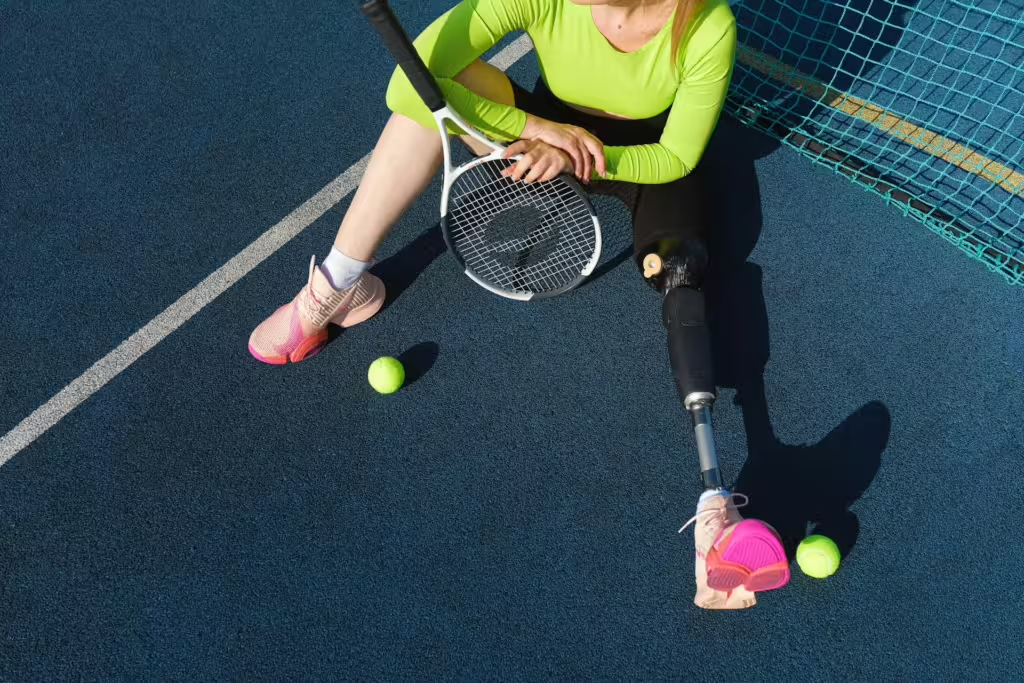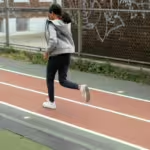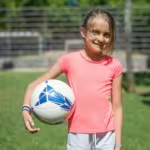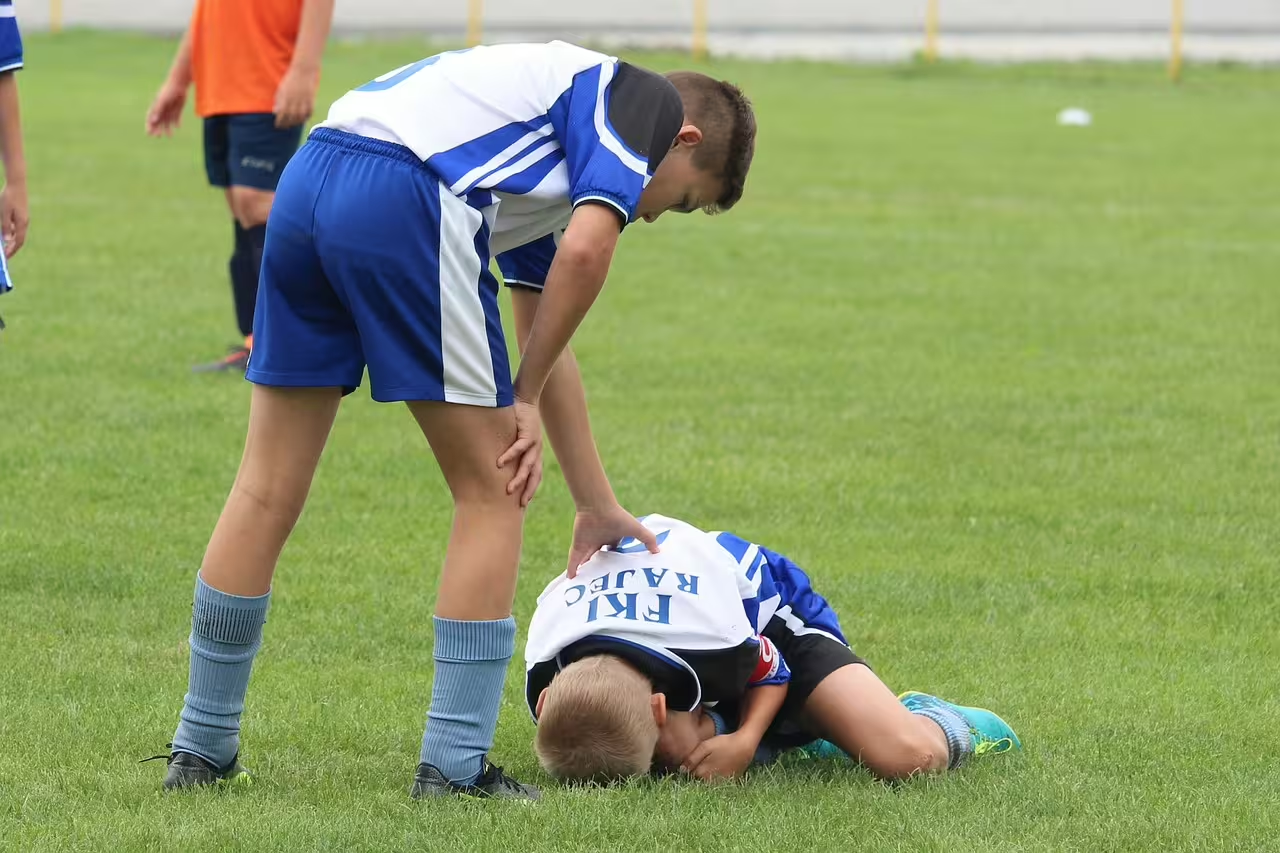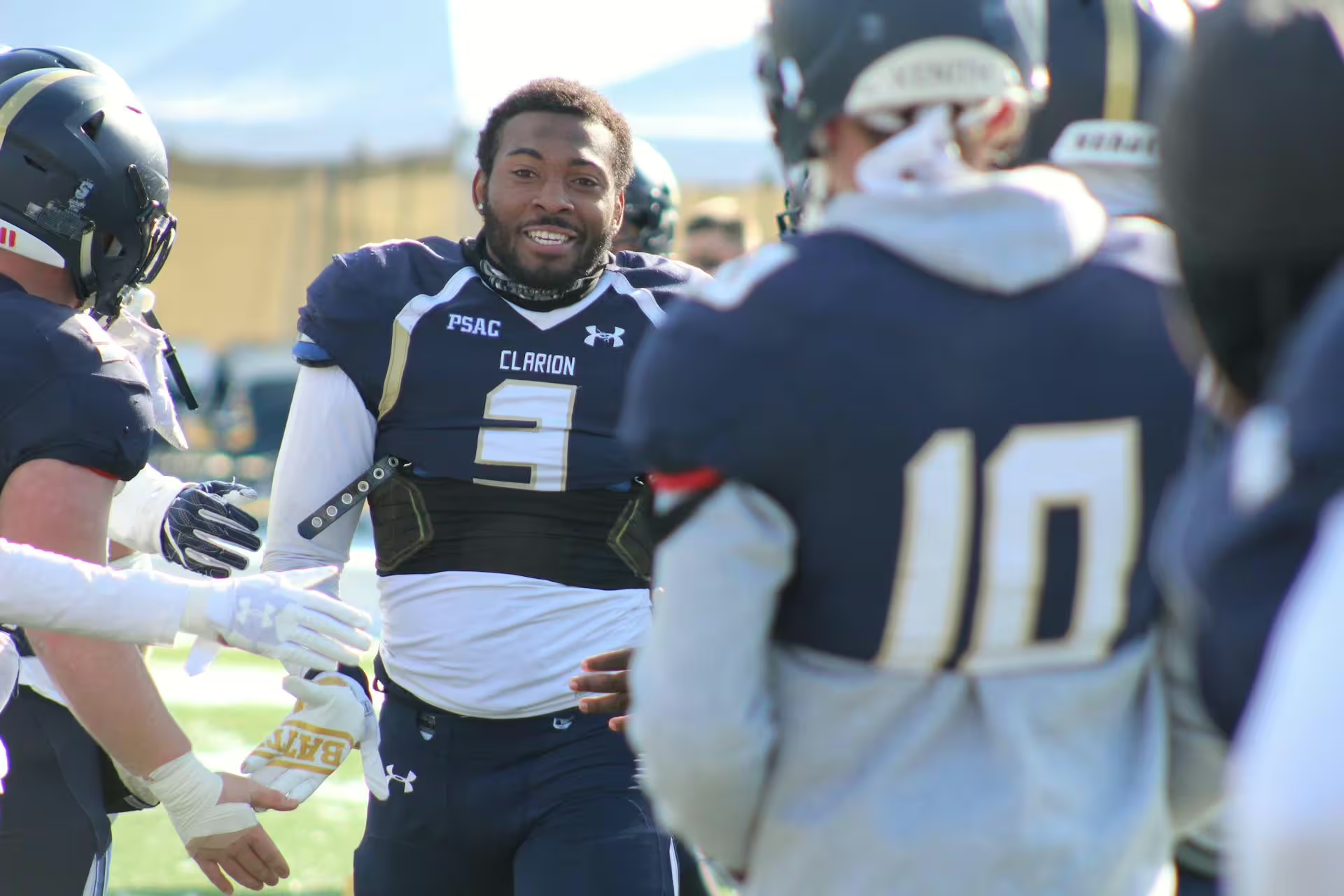When it comes to young children, sports can be a powerful tool for building connections, boosting confidence, and promoting physical, mental, and emotional growth. This can all be doubly-important when it pertains to children with disabilities. Despite how accepting and enlightened our society is at large, such benefits are not always easy to come by, at least not for all children with disabilities. Financial hardships, physical ailments, and various other factors can prevent a child from having access to such these beneficial aspects of sports; and this is where adaptive sports programs come into play.
Adaptive sports programs offer kids with disabilities the same opportunities as those who play conventional youth sports. The physical, social, and emotional benefits that adaptive sports grant to children are all things that they will be able to carry them through life. But we know all that already. After all, if you’ve been a fan of Cultured Athlete for a while, you are very familiar with the benefits that sports can offer young children. However, one often overlooked element of success that adaptive sports can take into account is that of family — especially the role siblings can play.
If you grew up an only child or if your siblings (like this writer’s) are real pains in your butt most of the time, you may have taken for granted how influential their input can be. Regardless of your own relationship with your siblings, though, the point is that sibling involvement isn’t just helpful for supporting a child; it can be transformational.
In this article, we will explore why sibling involvement is so vital in adaptive sports. We will delve into the many benefits of adaptive sports can affect all children in the family, along with some practical ways to create an inclusive and encouraging environment within your household.
Why Sibling Involvement Matters in Adaptive Sports
Understanding Adaptive Sports
For those who are unfamiliar with adaptive sports, we shall begin our exploration of their benefits by giving a bit of a refresher. Adaptive sports are programs and activities that have been specifically designed for children with physical, cognitive, or developmental challenges. Some examples of these sports include, wheelchair basketball and sensory-friendly swimming, to name a few. There are also para track and field programs and many more besides. In general, adaptive sports programs are modified in ways that allow players with a variety of disabilities to compete alongside their peers, thus ensuring better inclusion, safety, and success.
To be very clear, these sports aren’t “less than” in any capacity. Like all youth sports, adaptive ones are empowering, high-energy, and full of possibilities for young athletes. Kids in adaptive sports develop strength, independence, resilience, and friendships the same way their peers without disabilities do. In any case, when siblings are involved, those benefits can extend well beyond the borders of the playing field.
The Unique Bond Between Siblings
History and our own personal experiences have shown us time and again, the unspoken bond that exists between siblings. Many of our songs, myths, movies, books, and parables reflect this sibling relationship. Indeed, as much as we speak about the concept of “sibling rivalry,” it is the unmatched closeness that exists between siblings that represents the more meaningful relationship; especially for our purposes.
This all makes sense, of course. Siblings grow up together, often learn side-by-side, and tend to experience life’s highs and lows as a team; often whether they realize it or not. In cases where one sibling has a disability, that dynamic can include an added mix of compassion, protectiveness, and in some unfortunate cases, misunderstanding or even distance.
That all being said, involving siblings in adaptive sports can help to bridge any existing gaps between those siblings. Sports, in general, creates shared experiences, encourages empathy, and builds lifelong memories for all those involved. What this does is effectively transform the sport into a family activity — not just a personal journey for the athlete themselves.
Benefits for the Child with a Disability
When a sibling joins their brother or sister’s sports journey:
Confidence grows: Having a sibling to cheering them on, or even participate alongside them, provides emotional strength to a young athlete, especially if they are struggling with their confidence in any way.
Social comfort increases: Siblings can help ease an innate anxiety that comes with starting a new activity, meeting new people, or when entering a new environment.
Motivation improves: Believe it or not, having their sibling alongside them for the ride can make a kid work harder. It’s true! Children are often more likely to try harder and stay more engaged when they share an experience with someone they love.
Benefits for the Sibling
Involvement in adaptive sports also has major upsides for the sibling in question, as well:
Empathy and awareness deepen: Kids are intuitive about many things, compassion among them, but they also tend to be uncomfortable with things they don’t understand right away. Being involved in adaptive sports gives them greater understanding about the adaptive needs of their peers. Learning how to interact with children who have disabilities in this way helps to build up that innate compassion and give them a newfound perspective on the situation.
They feel included: Rather than sitting on the sidelines or being left out, the sibling actually gets a chance to become part of the new and exciting adventure that their brother or sister is on.
Bonding strengthens: Parents of siblings will already understand that they can be absolutely thick as thieves when they want to be. Sure, they can be at odds most times, but when they find something all of them want, they can put those rivalries aside to achieve their collective goal. In the same vein, the shared goals of youth sports and the lessons wrought by teamwork, work to foster even closer sibling connections.
They develop leadership and support skills: Many times, being a helper or role model can help build up a young person’s sense of responsibility and make them more mature.
Ways Siblings Can Get Involved
Look, we’ll be the first to tell you that there is no one-size-fits-all approach when it comes to involvement. The truth is, not every sibling is going to react the same way to being included in their brother or sister’s sports experience. Here are several meaningful ways to engage siblings — whether those children are toddlers or teens:
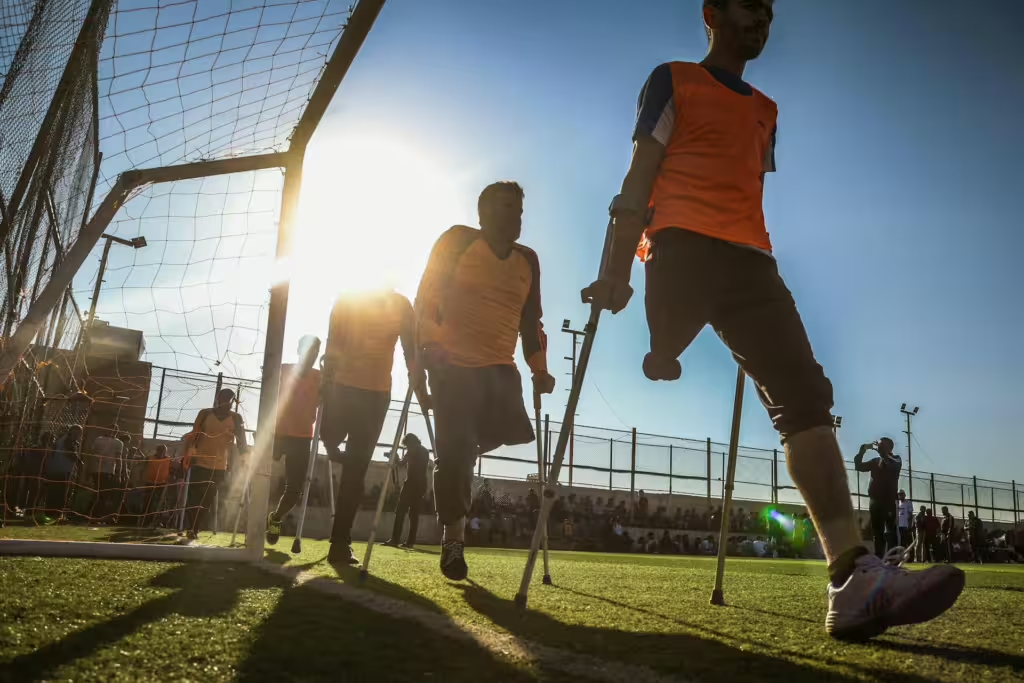
Participate in the Same Program (When Possible)
Unlike many conventional youth sports organizations, some adaptive sports programs are inclusive of all children, regardless of their ability or their disability. In programs like these:
- Siblings can participate in the same activities as their disabled peers.
- In order to make sure everyone has fun, games are often co-modified. This also ensures that everyone can play safely and successfully.
- Most of the time, the emphasis of these programs is focused on teamwork, effort, and fun — not comparison or total points.
Examples:
- Unified soccer teams often incorporate neurotypical and neurodivergent children playing together.
- Sibling-included martial arts classes will sometimes include sensory adjustments for those with sensory issues.
- Family swim classes will usually allow each child to progress at their own level, even if they swim in the same class.
Serve as a Peer Partner or Buddy
Older siblings are often allowed to volunteer as peer buddies, meaning they help with equipment, demonstrating skills, or assisting younger athletes during practice. In fact, many adaptive programs offer a structured buddy system where siblings:
- Provide encouragement and companionship to all the kids on the team, their siblings included.
- Help model social behavior to children who might be struggling with that skillset.
- Older kids may even learn to adapt instructions for different learning styles.
These types of programs are especially great for teens who want to earn service hours, leadership experience, or just grow closer to their sibling; it may even help them to understand what their sibling with disabilities is going through.
Be the Cheerleader
Unfortunately, not every sibling wants to play the same sport as their brother or sister — and that’s okay! Even just being present at games, cheering them on, and encouraging participation, will have a very positive effect on the experience of their sibling athlete. Their very presence at even the most innocuous events is a great reminder to the child in the sport that their family supports them all the way!
Tip: Parents can find or invent ways to make cheering a family tradition! Create signs, wear matching shirts, or designate a “sibling supporter” role each week.
Tips for Parents to Foster Positive Sibling Involvement
Make It About Family, Not Comparison
Kids are forever comparing themselves to their peers and their siblings; and not always in a good way. This becomes even easier when one child has different needs or abilities. Fortunately, parents can help! Simply by emphasizing that every child brings something special to the team, and reinforcing that effort matters more than outcome.
Avoid language like “he’s better at this” or “she tries harder.” Instead, celebrate all that your children’s :
- Progress (“You’ve both improved so much!”)
- Teamwork (“You worked great together today!”)
- Joy (“It was awesome to see you smiling out there!”)
Talk About Differences Openly
Parents should normalize the fact that everyone plays differently — and that this is perfectly okay. Use age-appropriate conversations to help siblings understand why certain accommodations exist, and how they help level the playing field. The most important thing is to let the kids ask their own questions, even if they are awkward or seem insensitive. It’s only natural for them to be curious and for them to not understand. The key is to answer those questions honestly, so that you can build trust and understanding between all parties involved.
Set Sibling Expectations Clearly
Despite our best intentions, some siblings may feel pressured or confused about their role in the grand scheme of things. The trick, in this case, is for parents to set clear, realistic expectations based on their age and personality. You can say things such as:
- “You don’t have to be perfect. Just be kind and try your best.”
- “It’s okay to feel frustrated. Talk to us when you do.”
- “You’re not just here to help. You’re here to have fun too.”
Statements like these will give them a sense of agency while still encouraging their inclusion.
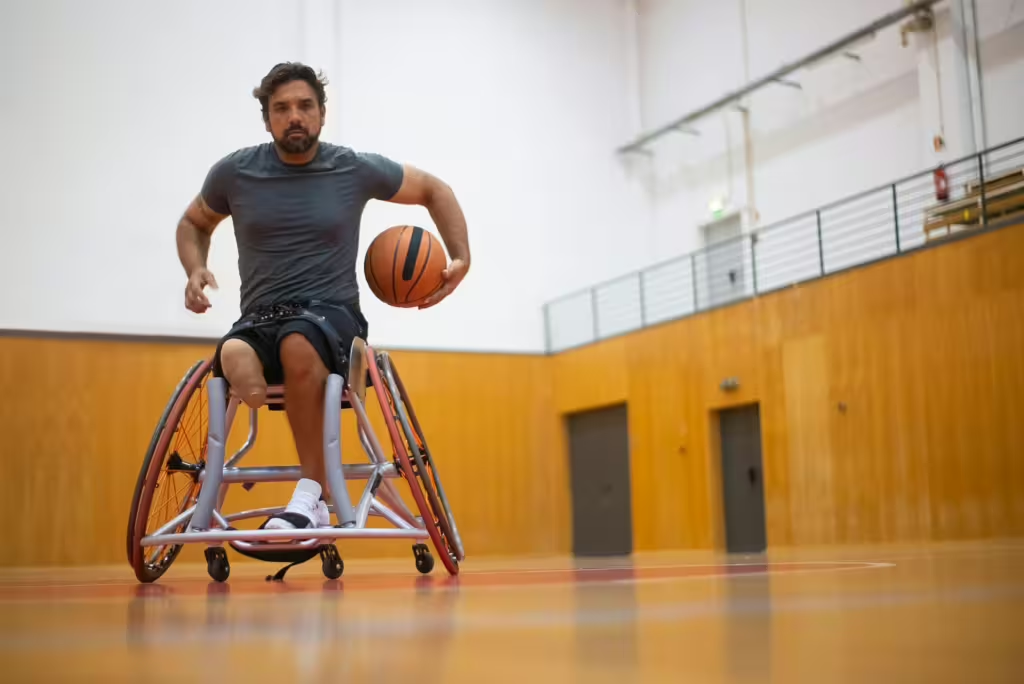
Keep It Fair and Balanced
The truth is, parents of kids with disabilities may, at times, be required to devote extra time and energy to meet that child’s needs. Essential though this may be, it can sometimes leave siblings feeling overlooked. When situations like this arise, it’s best to try and balance attention and praise on all your kids. If you’re celebrating your child’s achievements, celebrate the sibling’s achievements too — whether in sports or elsewhere. Also, be sure to make one-on-one time for each child whenever possible.
Long-Term Benefits of Inclusive Sibling Experiences
As with most youth sports, the long-term benefits to your children won’t always be apparent within the space of a single season. You won’t always see how well things are going until way down the line. Be that as it may, the lessons children and their siblings learn through inclusive sports involvement will last them a lifetime. Siblings who grow up supporting one another in adaptive sports develop:
- Lifelong empathy and awareness
- Communication and leadership skills
- A deep appreciation for diversity
- Stronger family relationships
- A commitment to inclusion in their schools and communities
These experiences may just wind up being meaningful enough to shape who they become — not just as athletes, but as human beings.
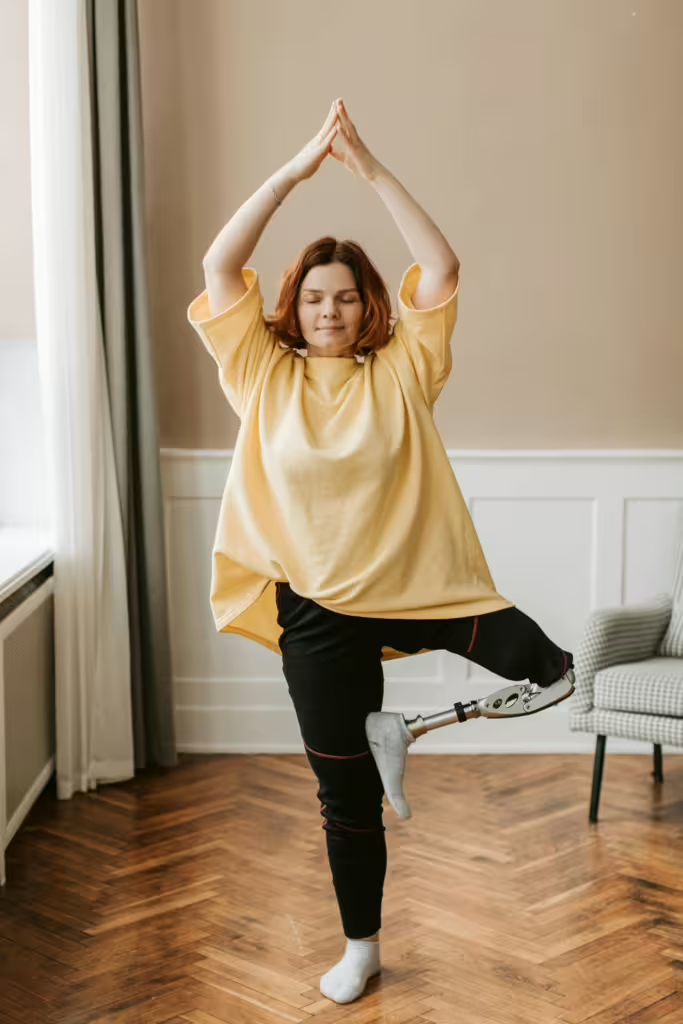
Cultured Athlete Says…
As you can see, adaptive sports create incredible opportunities for children with disabilities, but they also help siblings in a myriad of ways. Kids who play together, grow together; this much has always been true for those of us who have been privileged enough to grow up with siblings. Whether those siblings are teammates, cheerleaders, helpers, or players themselves, they can affect the adaptive sports experience in a palpable way. Siblings who are part of their brother or sister’s adaptive sports journey benefit as well, by celebrating, learning, and growing alongside them; often in ways they never imagined.
Parents would do well to remember, however, that none of this is a foregone conclusion, but even when mistakes are made or reactions aren’t what they seem, don’t lose heart. You don’t have to do it all perfectly. The first step for you, as a parent, is to start the conversation, open the door, and encourage a greater connection between all your children. The benefits — on the field, and in your family — will be worth every step, even tif those steps end up being difficult.
Discover more from CulturedAthlete
Subscribe to get the latest posts sent to your email.

